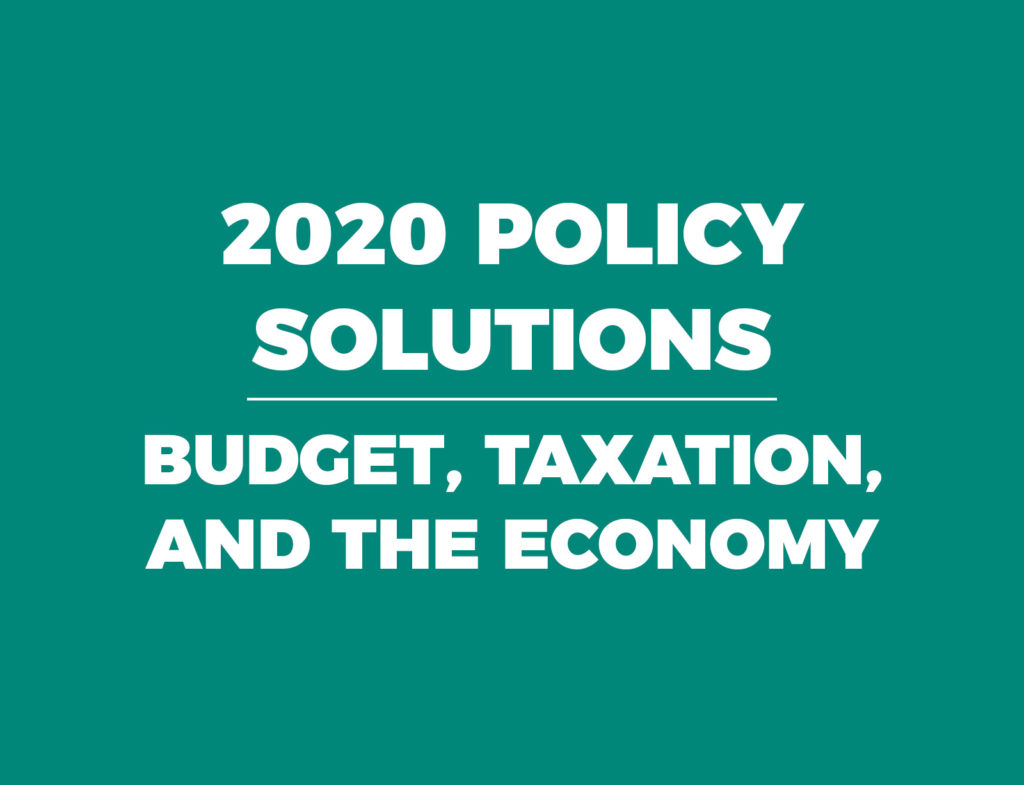Introduction
Updated as of January 2020.
With noisy advertisements, press releases, and nightly televised drawings, the North Carolina Education Lottery is a very visible contributor to education funding in the state. Despite the noise, there are very real concerns over the lottery’s actual effects on education spending.
People on both sides of the political aisle share the same worries about the lottery’s effects on North Carolinians, especially its poorest, least educated, and most economically vulnerable. Since the lottery’s very beginnings, counties with the highest lottery ticket sales per adult have been the state’s poorest and most economically distressed counties.
Over the years, the lottery has transferred a growing amount of money to the state’s General Fund, targeted for education. At the same time, however, it has been sending a smaller and smaller proportion of its revenues to education, even though that was the original purpose touted by supporters. More and more of its funds are going instead to prizes, administrative costs, and advertising. In short, it has become an entity unto itself.
The North Carolina Education Lottery was sold as a way to boost education spending in North Carolina. It’s a promise that state education lotteries typically fail to deliver on, and here’s why. The presence of an education lottery tends to make people and lawmakers think education needs are being “taken care of.” As a result, they’re less likely to regard other possible state budget expenditures as competing with school funding for scarce dollars, even though they still are.
The irony is, an education lottery tends to boost state funding for things other than school funding. Lotteries are notorious for supplanting rather than supplementing education funding. What was expected to be new money in addition to an ongoing funding stream winds up taking the place of some of the funding in the stream. Budget writers then feel free to find “new money” for other spending items.
The fact is, the lottery is no substitute for the political will of budget-makers to prioritize education among myriad spending choices.
Key Facts
- The lottery is a state funding source that many North Carolinians on both sides of the political aisle consider immoral. Some have ethical objections to taking advantage of the poor and undereducated. Others have religious objections to gambling. These concerns are heightened because the lottery is a state monopoly.
- At first, over one-third (35 percent) of lottery proceeds went to education funding. By 2013, that had shrunk to 28 percent. In 2018, the share of lottery proceeds going to education was just over one-fourth (26 percent).
- Lottery sales come disproportionately from the least economically well-off counties. Counties with high poverty rates, high unemployment rates, and high property tax rates also tend to have high lottery sales per adult. This has consistently been the case since the lottery’s first days.
- In 2019, the top 10 counties in lottery sales per adult were among the most economically distressed counties in the state. Lottery sales per adult in those counties were over twice the state average — and two-and-a-half times greater than in the 20 most well-off counties in the state.
Recommendations
- End the state lottery and return to direct, transparent education funding. The best possible reform is to fund education through the state budgeting process, after open debate and discussion.
- Regulate and tax private gambling enterprises to allow industries, games, and related jobs to develop. Ending the lottery monopoly wouldn’t necessarily mean an end to the idea of gambling revenues helping to fund education. Taxed like other ventures, private gambling enterprises would contribute to education spending and the General Fund.



